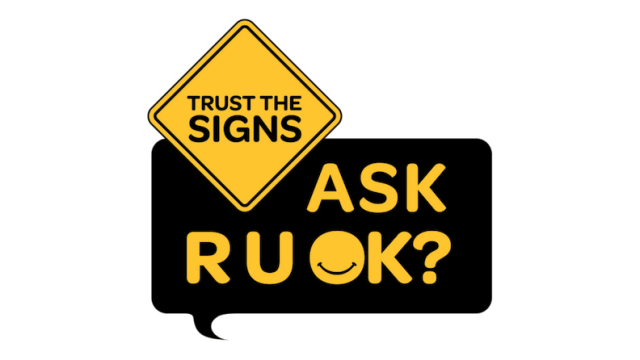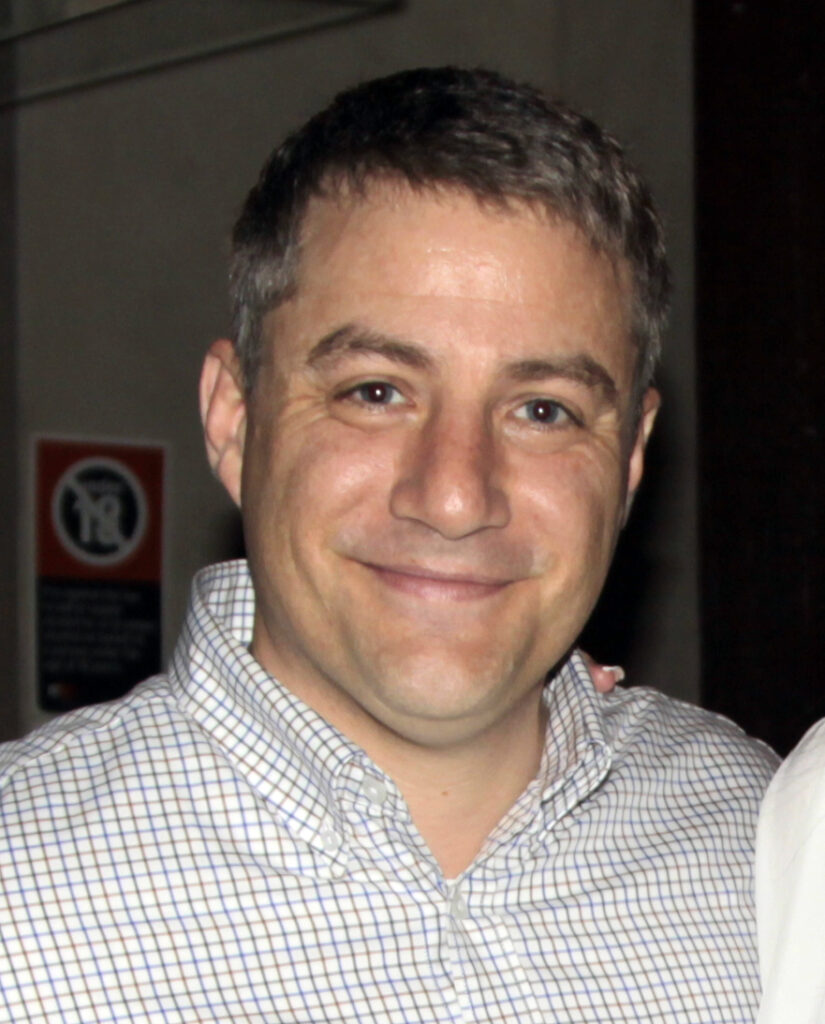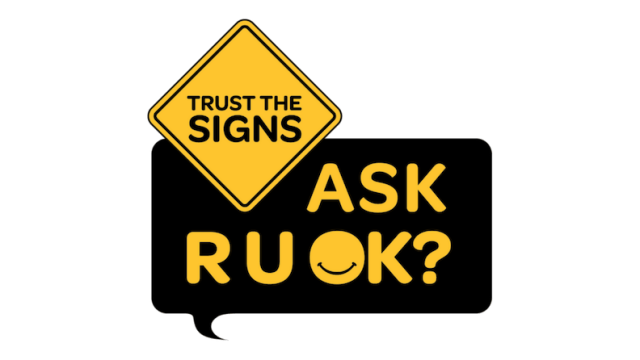Today is the day when you need to ask someone – R U OK?

Today is R U OK? Day which is a fantastic initiative to encourage us to pause for a moment and ask the people around us – R U OK? You might ask what this topic has to do with cycling. I believe that mental health and cycling are closely linked because the magic bicycle can play a big role in the treatment of mental illness.

But this topic is also really personal and close for me. A little over a year ago my friend Tom Lutton took his own life after struggling with depression for many years. Until he died I didn’t know he was suffering from depression because he always put on a very brave and happy face. He was the life of the party and while I didn’t know him through cycling, he had been cycling with me and my friends a number of years ago and seemed to really enjoy it. I regret that I didn’t press him more to get back on his bike but I also accept that it wasn’t my fault. I also forgive Tom for being so desperate and believing that we were all better off without him – he was very unwell.
So while I wipe the tears from my eyes, I’d like to offer some hope for those who are still here and are plagued by the black dog.
I wrote an article this week for Bicycling Australia magazine about the wonders of cycling as a part of the mix of treatment options for depression and other mental illnesses, and you’ll have to buy the October/November issue to read it. But I can share a couple of ideas from it that were provided by a fellow cyclist Mandy who is also a psychologist.
Feel-good chemicals
Cycling improves your mood, reduces anxiety, and allows you to handle stress more effectively by increasing the levels of serotonin and dopamine production in our brains. These chemicals make us feel ‘happy’ when they are released in our brains, and they are not the only feel-good chemicals produced when we ride. Our bodies also produce endorphins and cannabinoids from the same chemical family associated with cannabis, although these are naturally produced by our bodies.
Sunshine
Mandy says that sunlight has also been shown to be effective in improving mood and wellbeing. Not only does sunlight encourage the production of serotonin, it helps regulate sleep patterns. Plus it increases vitamin D in our bodies which, along with improving our bone health, is important for our mental wellbeing.
Social contact
Social contact is also a key element in treating depression. We tend to hide ourselves away when we have a low mood or feel depressed or anxious and avoid interaction with others. Cycling with friends or joining a social cycling group is a great way for people to start getting back to face-to-face contact rather than rely on social media contact. It provides a focus for connecting with others and a reason to get out of the house.
Goal setting
Cycling is also a sport or recreation activity for setting goals and involvement in the community, both highly important elements in building confidence and wellbeing. The pride we feel when we achieve a goal such as going on a group ride for the first time or cycling our first 25 km really makes a difference to our mood and future motivation. It creates a momentum that carries us towards better mental health and happiness.
Helping others
Mandy also emphasises that making a contribution to something or helping others is often overlooked in treatments for depression. People suffering from depression and anxiety keep themselves isolated and self-focussed. By looking outside of themselves in order to help others is highly effective. Involvement in an activity like cycling provides the opportunity to support and encourage friends and fellow club members, and be part of a community that loves to support and educate.


Good work there Nic – thanks for a great piece.
Thank you so much for writing this article. Exercise is crucial when dealing with depression and anxiety. As Tom’s sister, I know how much cycling helped him combat the black dog.This was made more evident when Tom had to put cycling on hold while he had surgery. Unfortunately, he didn’t dust off his bicycle. Instead, Tom chose a motorcycling. While it provided him with a release and got the endorphins flowing, it could never replace the benefits he received from spending time with friends, working up a sweat, and being outdoors.
Hopefully, Tom’s cycling in heaven and acting as your Guardian angel.
Wishing you all the best.
Take care.
Sophie
Good to hear your support Soph for cycling and the other points made are excellent too! These articles r so important ‘cos it makes family and friends act more positively and quickly!